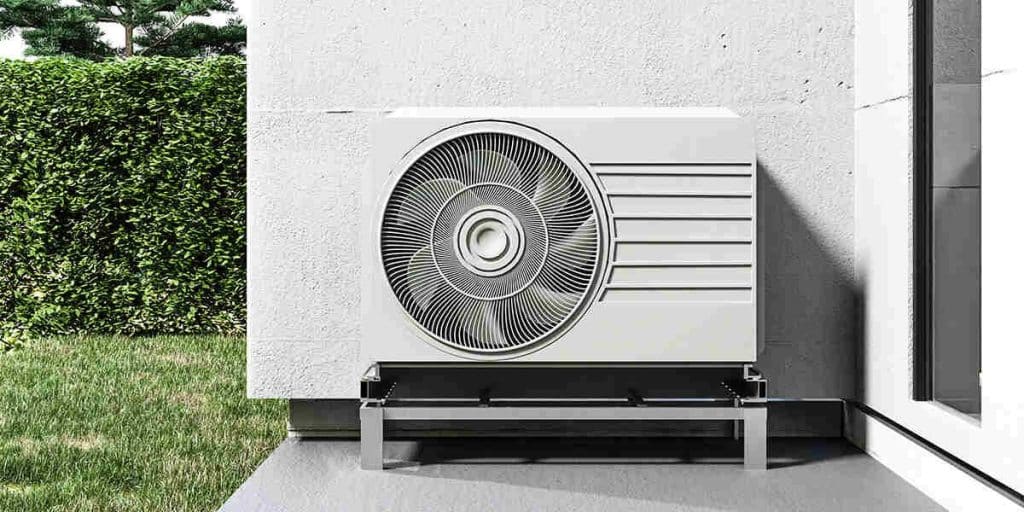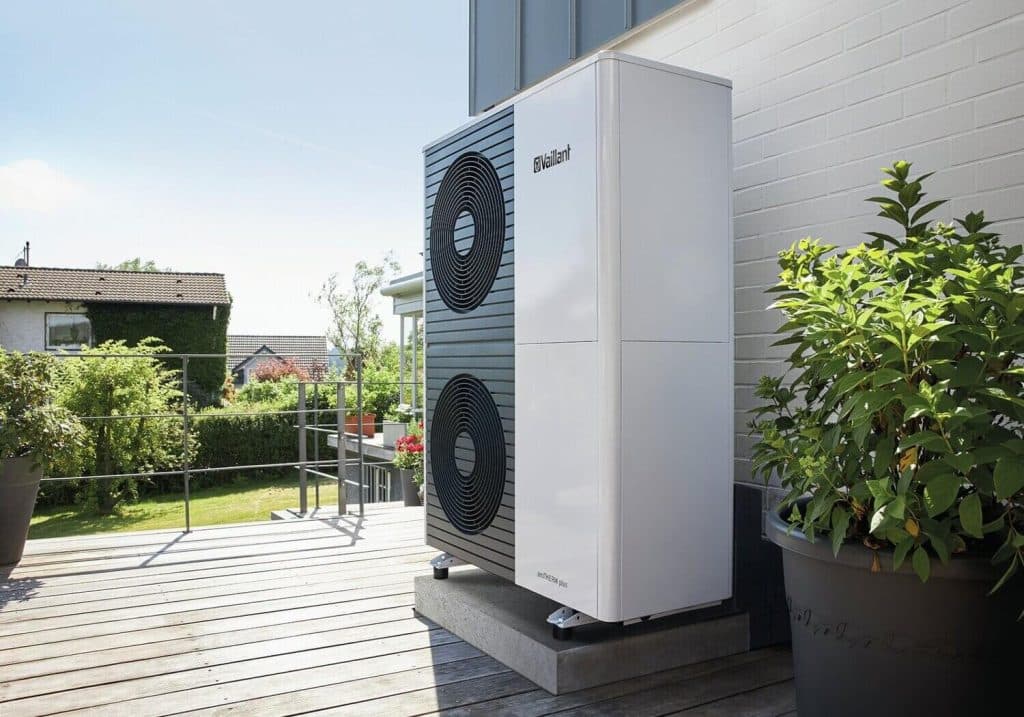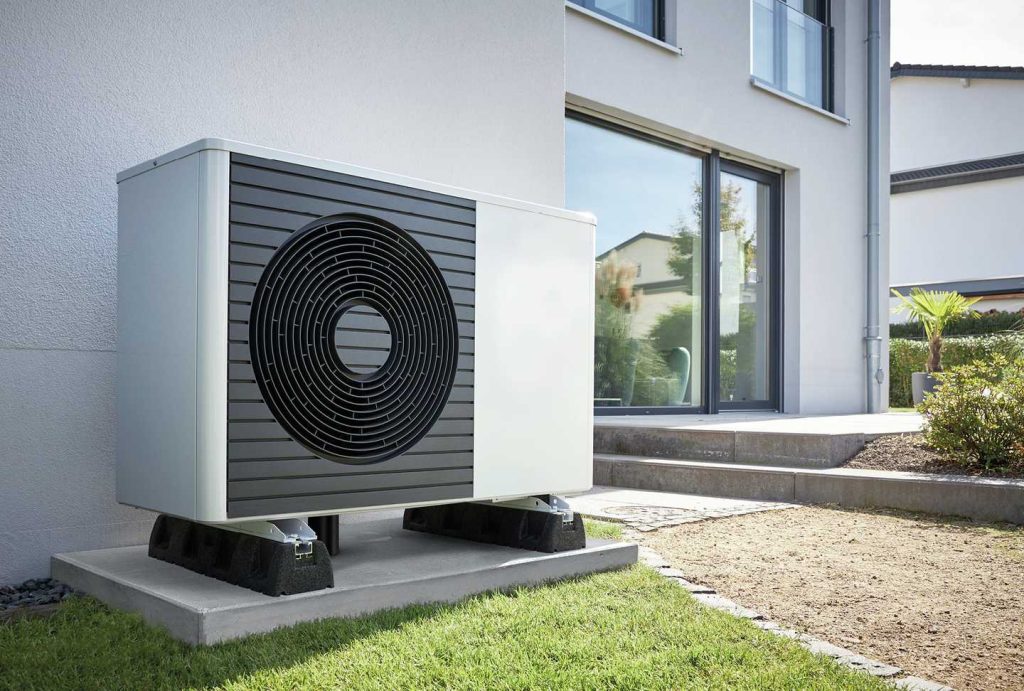Maximizing the efficiency of your heat pump is not just about occasional professional service calls; it’s about consistent, proactive maintenance. Your heat pump is a vital component of your home’s comfort system, providing both heating and cooling functions. To ensure it operates at its best between service appointments, it requires regular attention and care. In this extensive guide, we will delve into a plethora of maintenance tasks and best practices to help you keep your heat pump running smoothly and efficiently throughout the year.
Understanding Your Heat Pump

Before delving into maintenance specifics, let’s take a moment to understand the fundamental workings of a heat pump. Unlike traditional heating and cooling systems that generate heat or cold air, a heat pump transfers heat between the indoors and outdoors, depending on the season. This process allows it to provide both heating and cooling functions efficiently. Understanding this basic principle is crucial for comprehending why maintenance tasks are essential for its optimal performance.
Cleaning and Airflow
One of the simplest yet most crucial maintenance tasks is ensuring proper airflow throughout your heat pump system. This starts with regularly inspecting and cleaning or replacing the air filters. Clogged filters restrict airflow, making your system work harder and reducing its efficiency. Set a schedule to check and clean or replace filters every one to three months, depending on factors like indoor air quality and usage patterns.
In addition to filter maintenance, it’s imperative to keep the outdoor unit free from debris such as leaves, branches, and dirt. Regularly inspect the area around the outdoor unit and remove any obstructions that could impede airflow. Restricted airflow can lead to reduced efficiency and even system damage over time.
Thermostat Settings and Programming
Your thermostat plays a significant role in the overall efficiency of your heat pump system. During the colder months, set your thermostat to heating mode, and during warmer months, switch it to cooling mode. If you have a programmable thermostat, take advantage of its features to schedule temperature adjustments based on your daily routine. Programming your thermostat to lower temperatures when you’re away or asleep can help save energy without sacrificing comfort.
Regularly check the accuracy of your thermostat by comparing its reading to a separate thermometer placed nearby. If you notice any discrepancies, consider calibrating or replacing the thermostat to ensure accurate temperature control.
Inspecting and Lubricating Moving Parts
Your heat pump contains various moving parts that require regular inspection and lubrication to prevent friction and wear. Begin by inspecting fan blades, motors, and other moving components for signs of wear or damage. Lubricate these parts according to the manufacturer’s recommendations to keep them operating smoothly and efficiently.
When lubricating moving parts, use lubricants recommended by the manufacturer and avoid over-lubricating, as this can attract dirt and debris, leading to more significant issues down the line. Regular maintenance of moving parts can extend the life of your heat pump system and improve its overall efficiency.
Inspecting and Cleaning Coils
The coils in your heat pump play a crucial role in the heat transfer process. Over time, these coils can accumulate dirt, dust, and other debris, hindering their ability to transfer heat effectively. Regularly inspect both the outdoor and indoor coils for any buildup and clean them as needed.

Cleaning the coils is a relatively straightforward process that can be done with a soft brush, vacuum, or specialized coil cleaner. Be gentle to avoid damaging the delicate fins of the coils. By keeping the coils clean, you can ensure optimal heat transfer and maintain the efficiency of your heat pump system.
Checking Refrigerant Levels
Proper refrigerant levels are essential for the efficient operation of your heat pump. If you notice a decrease in heating or cooling performance, it may indicate a refrigerant leak or insufficient refrigerant levels. Contact a qualified HVAC technician to inspect the system and recharge the refrigerant if necessary.
Attempting to handle refrigerant yourself can be dangerous and may result in damage to your system or injury. Leave refrigerant-related tasks to trained professionals who have the necessary equipment and expertise to handle them safely and effectively.
Inspecting Electrical Connections
Faulty electrical connections can disrupt the operation of your heat pump and pose safety hazards. Regularly inspect the electrical connections of your heat pump system for signs of corrosion, overheating, or loose wires. Tighten connections as needed and replace any damaged components to ensure safe and reliable operation.
Before performing any electrical work on your heat pump system, be sure to shut off power to the unit at the circuit breaker to prevent the risk of electric shock. If you are unsure about how to inspect or repair electrical connections, it’s best to contact a qualified HVAC technician for assistance.
Testing Safety Controls
Your heat pump system is equipped with various safety controls designed to protect against malfunctions and hazards. Periodically test these safety controls, such as high-pressure switches and defrost controls, to ensure they are functioning correctly. If you encounter any issues during testing, contact a professional HVAC technician for further inspection and repairs.
Regular testing of safety controls helps ensure the continued safe and reliable operation of your heat pump system. Do not attempt to bypass or disable safety controls, as doing so can compromise the safety of your system and your home.
Professional Maintenance
While DIY maintenance tasks are essential for keeping your heat pump running smoothly, they should not replace professional servicing. Schedule regular maintenance appointments with a qualified HVAC technician to inspect and tune up your heat pump system. Professional maintenance helps identify and address potential issues before they escalate into costly repairs, ensuring optimal performance and efficiency.

During a professional maintenance visit, an HVAC technician will thoroughly inspect all components of your heat pump system, clean and lubricate moving parts, check refrigerant levels, test safety controls, and perform any necessary repairs or adjustments. By investing in regular professional maintenance, you can prolong the life of your heat pump system and maximize its efficiency for years to come.
Conclusion
Maintaining the efficiency of your heat pump requires a combination of regular maintenance tasks and professional servicing. By following the guidelines outlined in this comprehensive guide, you can ensure that your heat pump operates at its best throughout the year. Remember to prioritize tasks such as cleaning filters, inspecting coils, lubricating moving parts, and testing safety controls to keep your system running smoothly and efficiently. With proactive maintenance and professional servicing, you can enjoy reliable comfort and energy savings from your heat pump for many years to come.






GIPHY App Key not set. Please check settings